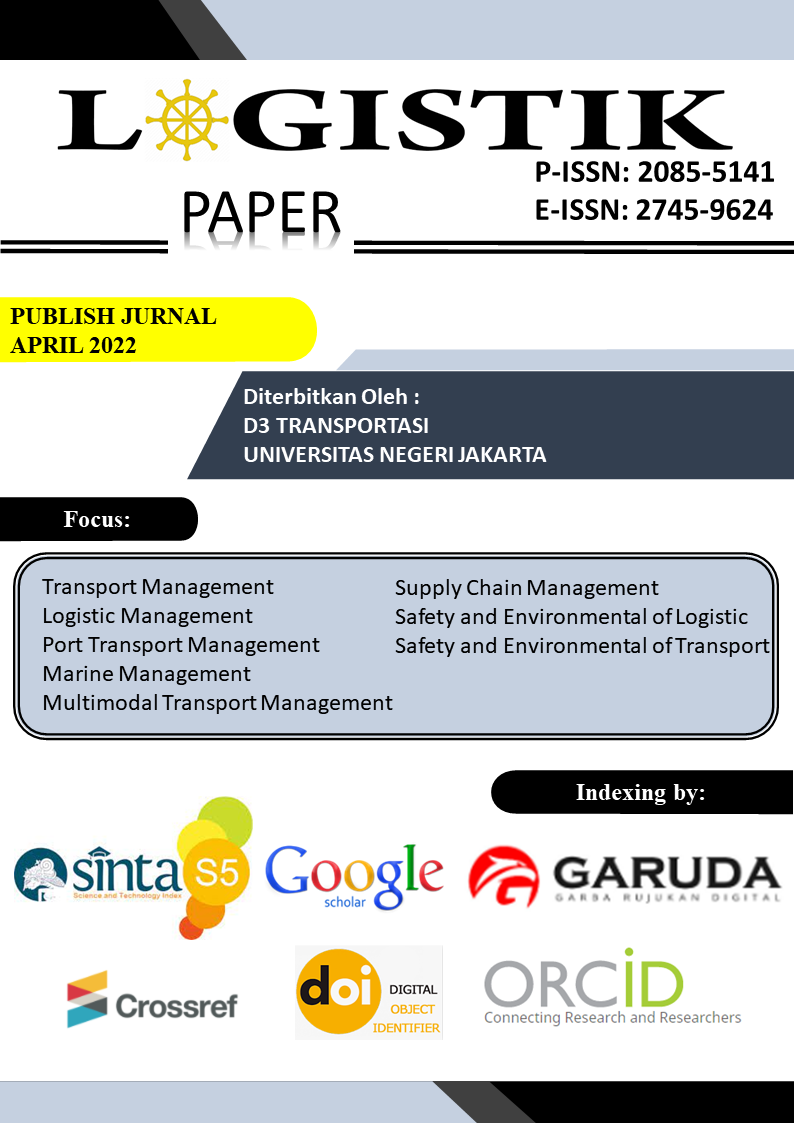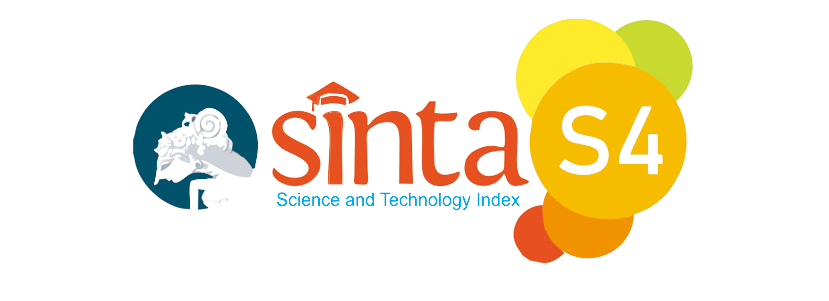Analisis Faktor Penyebab Kesalahan Penetapan HS Code (Studi Kasus : Impor Ball Valve PT. Global Cargo System)
DOI:
https://doi.org/10.21009/logistik.v15i01.26608Keywords:
HS Code, Ball Valve, DendaAbstract
The final task report aims to find out a case study of the factors cousing errors in determining of the incorrect HS Code on imported goods on the goods the goods ball valve at PT. Clobal Cargo system based on the prevailing laws and regulations in Indonesia. The method used in the preparation of this final project is the descriptive quantitative method and the data sources used are primary and secondary data. This research was conducted through interview studies, literacy studies, and several supporting documents based on available data. In this study, the authors observed the factors and impacts that led to the determination of the HS Code. The results showed that the difference in rates was caused by errors in determining the classification of goods codes and not adding 0.5% insurance value data in the PIB format. Due to the lack of payment of customs tariffs which affect state revenues, they are subject to administrative sanctions in the form of a fine of Rp. 5,000,000. The error occurs because of a human error in determining the classification of the goods code or HS Code. To avoid repeated mistakes in determining the HS Code, the importer needs to communicate with the exporter and Customs Officials regarding the correct classification of the goods code.
Downloads
Published
Issue
Section
License
Authors who publish with this Journal agree to the following terms:
- Author retain copyright and grant the journal right of first publication with the work simultaneously licensed under a creative commons attribution licensethat allow others to share the work within an acknowledgement of the work’s authorship and initial publication of this journal.
- Authors are able to enter into separate, additional contractual arrangementfor the non-exclusive distribution of the journal’s published version of the work (e.g. acknowledgement of its initial publication in this journal).
- Authors are permitted and encouraged to post their work online(e.g. in institutional repositories or on their websites) prior to and during the submission process, as it can lead to productive exchanges, as well as earlier and greater citation of published works.
-
Users/public use of this website will be licensed to CC BY-NC-SA Creative Commons Attribution-NonCommercial-ShareAlike 4.0 International License








